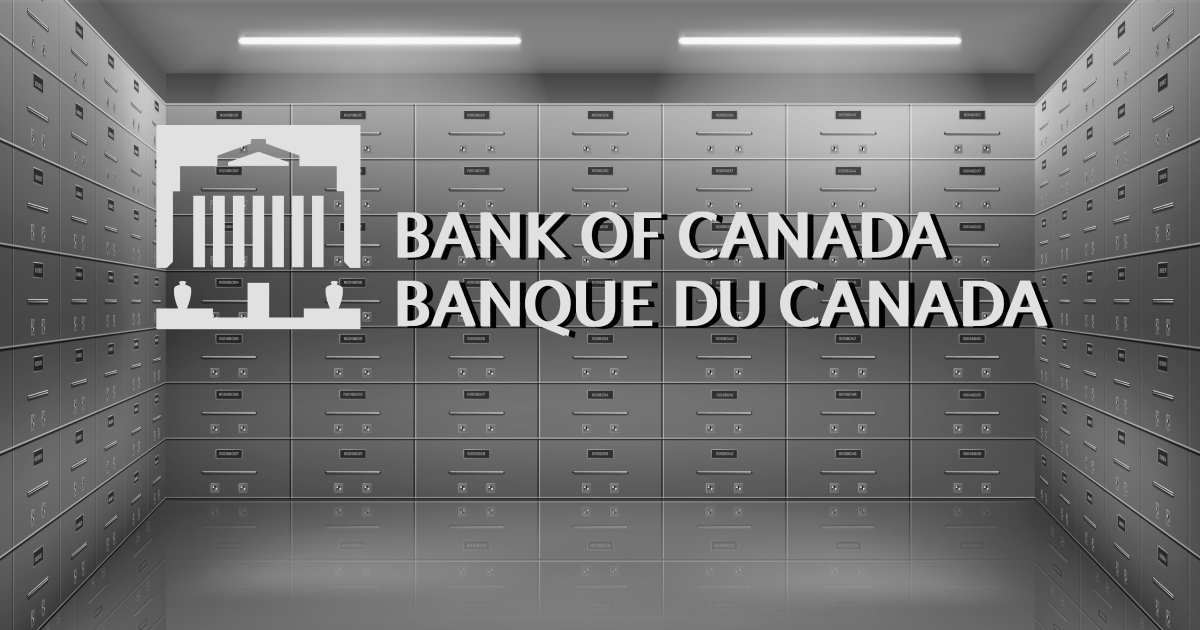BoC Interest Rate Decision
Bank of Canada Likely to Keep Interest Rates Steady as the Economy Faces Recession Threat Amid Rising Rates and Inflationary Pressures.
As the Canadian economy faces the twin challenges of rising interest rates and persistent inflationary pressures, the Bank of Canada (BoC) finds itself at a critical juncture. Economists and analysts anticipate that, in the upcoming monetary policy announcement, the central bank will likely maintain its current interest rates to mitigate the looming threat of a recession. The delicate balancing act of sustaining economic growth while controlling inflation will be at the forefront of the BoC’s decision-making process.
The Economic Landscape
In recent months, Canada’s economic outlook has become increasingly uncertain, with several factors contributing to this uncertainty. Notably, global inflationary pressures, disruptions in supply chains, and the ongoing impact of the COVID-19 pandemic have all had a compounding effect on the nation’s economic health. These challenges have led to a palpable sense of concern among both policymakers and the business community.
Higher Interest Rates and Their Consequences
The recent uptick in interest rates has been a significant driver of anxiety within Canada’s economic circles. In response to persistent inflation, the BoC has signaled a willingness to raise interest rates. While this is a prudent move to control inflation, it also threatens to have a dampening effect on economic activity. Higher interest rates can lead to reduced consumer spending, decreased business investments, and a slowdown in the housing market, which has been a key driver of economic growth.
The Inflation Conundrum
Inflation, persistently above the BoC’s 2% target, is another pressing concern. While some inflation is driven by temporary factors, such as supply chain disruptions and increased energy costs, the central bank is wary of letting these pressures become entrenched. If left unaddressed, persistent high inflation can erode the purchasing power of consumers and erode the economic stability that Canada has worked diligently to maintain.
BoC’s Dilemma
The Bank of Canada faces a difficult dilemma. On one hand, raising interest rates to control inflation seems like the responsible choice. On the other hand, the risk of pushing the economy into a recession looms large. Given the current fragility of the global economic recovery, exacerbated by the COVID-19 pandemic, such a recession could be particularly damaging. Moreover, with global economic uncertainty, the BoC must consider the broader context in which it operates.
A Data-Driven Approach
To navigate these turbulent waters, the BoC is likely to adopt a data-driven approach. The central bank will closely monitor key economic indicators and inflation data. If it observes a persistent threat of inflation spiraling out of control, it may consider interest rate hikes. However, any such moves would likely be gradual and cautious, taking into account the fragility of the Canadian economy.
Economic Outlook
The Bank of Canada faces an unenviable task in managing the competing pressures of rising inflation and the risk of a recession. In all likelihood, the central bank will choose to keep interest rates steady in its upcoming announcement, maintaining a delicate balance between these two opposing forces. This decision reflects the BoC’s commitment to prudently navigate the current economic challenges, prioritizing the preservation of economic stability while simultaneously keeping inflationary pressures in check.
In the coming months, the BoC will continue to evaluate economic data and adjust its policies accordingly. As the global economic landscape evolves, the central bank’s role in ensuring the economic well-being of Canada remains as vital as ever. The path forward will undoubtedly be challenging, but it is a path that the Bank of Canada is prepared to tread with vigilance and care.

















































